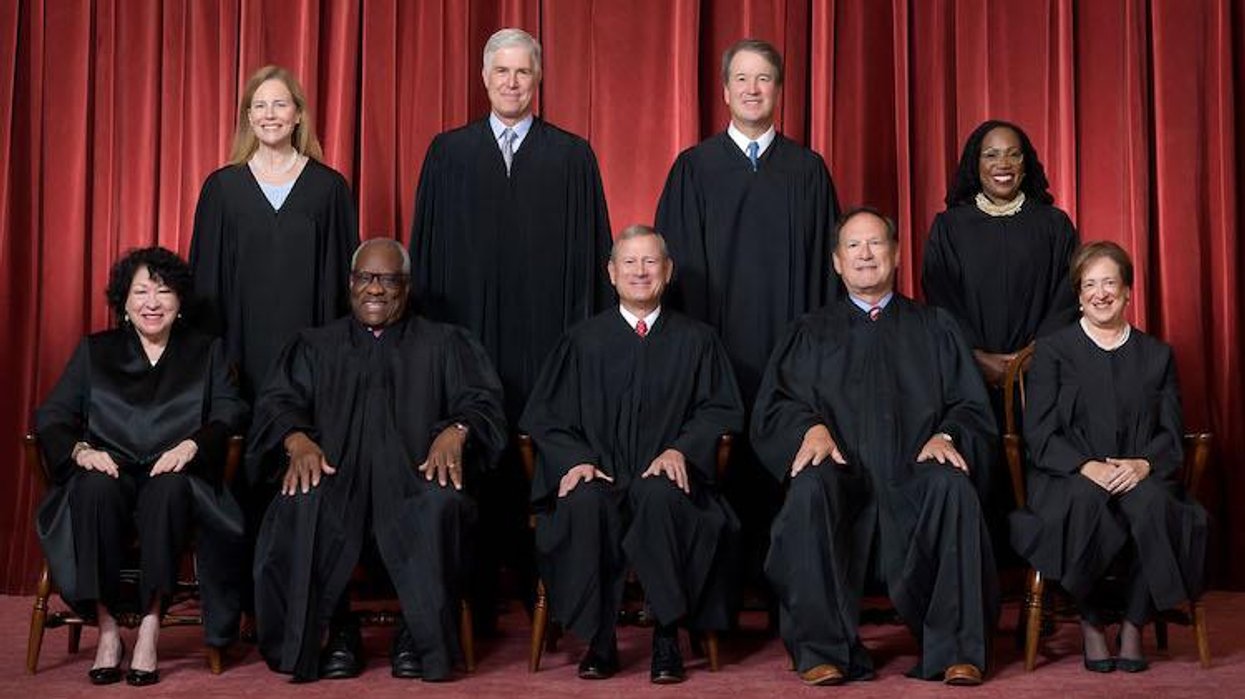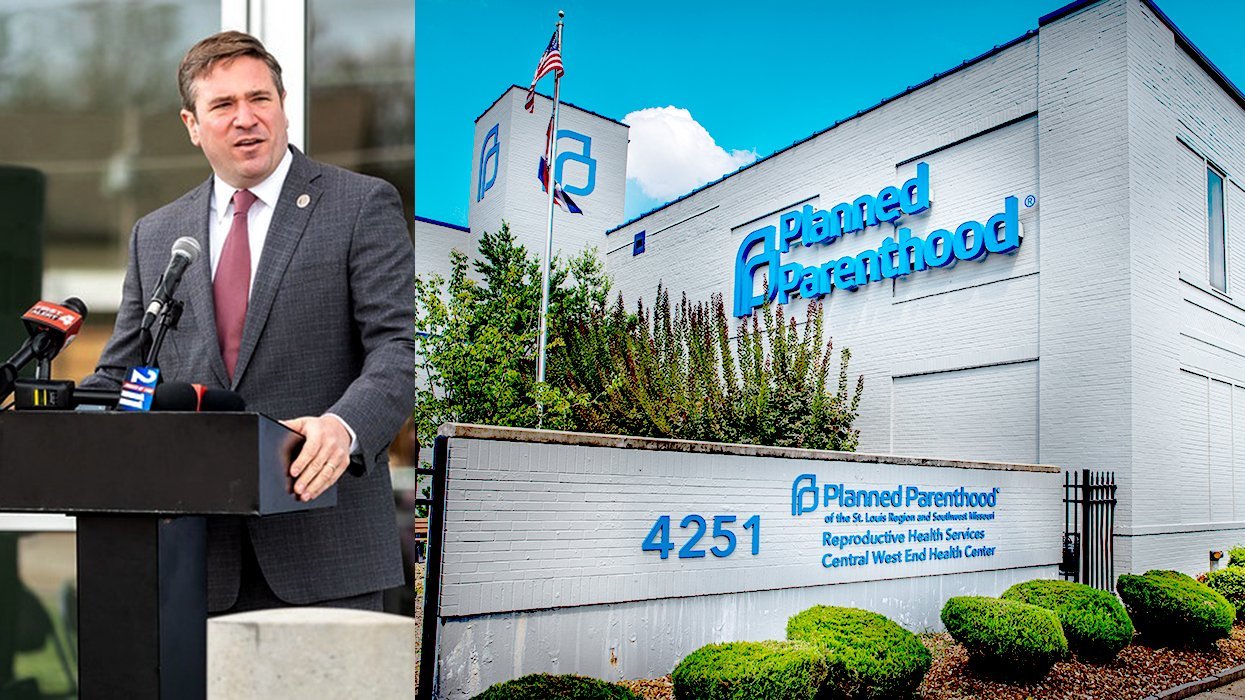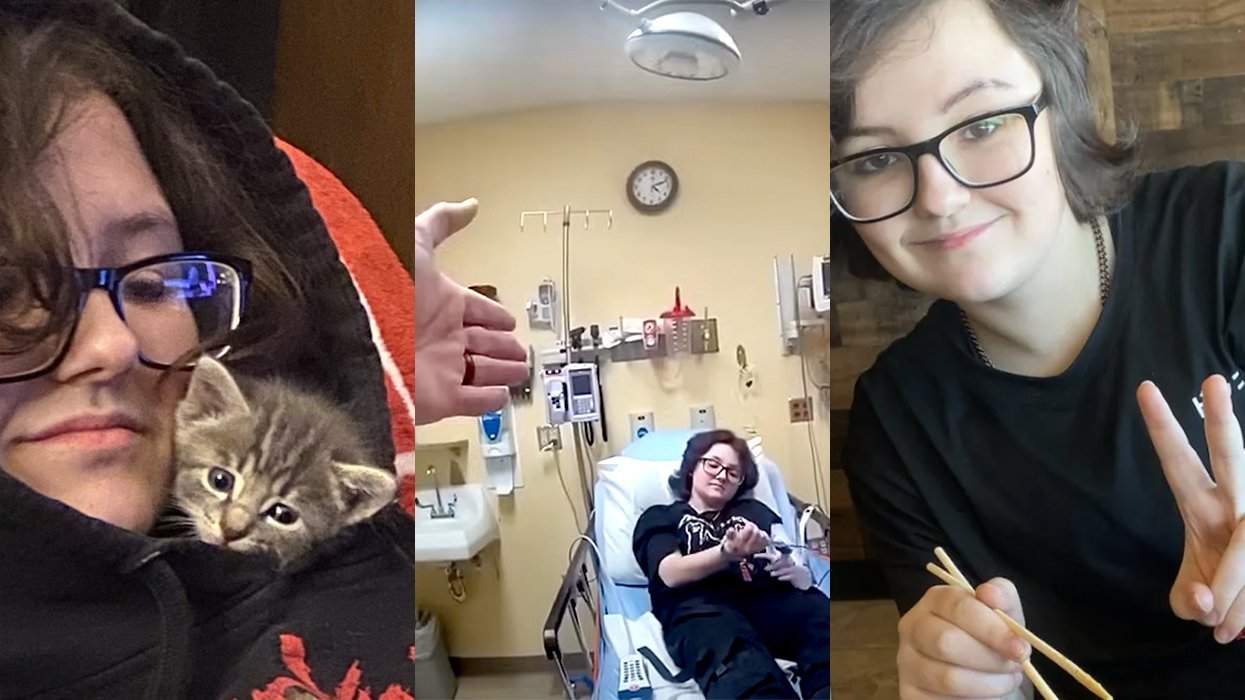CONTACTStaffCAREER OPPORTUNITIESADVERTISE WITH USPRIVACY POLICYPRIVACY PREFERENCESTERMS OF USELEGAL NOTICE
© 2024 Pride Publishing Inc.
All Rights reserved
All Rights reserved
By continuing to use our site, you agree to our Private Policy and Terms of Use.
Men who took aspirin over five years slightly lowered their risk for prostate cancer, but women who took low doses over 10 years didn't reduce their risk of cancer, two separate studies indicate.
The conflicting results don't help settle the debate about whether aspirin and similar anti-inflammatory medicines could be used to prevent cancer. Doctors familiar with the research think different study designs and aspirin doses explain the contrasting findings.
"I don't think we have a final story on aspirin" and its effects on cancer, said Peter Greenwald, director of cancer prevention at the National Cancer Institute, which helped fund the Women's Health Study. That study, involving nearly 40,000 women, is among the longest aspirin-cancer studies to date and used doses a little higher than in baby aspirin, taken every other day and compared against dummy pills. It found no effect on lymphoma, colorectal, breast, or several other cancers, although results for lung cancer were less conclusive. Those results contradict several smaller, less rigorous studies that in many cases used higher, more frequent doses.
In the men's study American Cancer Society researchers followed 70,144 men over nine years and asked about their use of aspirin and other nonsteroidal anti-inflammatory drugs, or NSAIDS, including ibuprofen, such as Advil and Motrin. Men who took standard 325-milligram doses of those medicines daily for at least five years were about 18% less likely to get prostate cancer than men who used aspirin occasionally or for a shorter duration.
That kind of observational study can't rule out that men who decided to take aspirin were generally healthier and less likely to get cancer to begin with, said Julie Buring of Harvard's Brigham and Women's Hospital, lead researcher for the Women's Health Study. But she said her study can't rule out whether higher aspirin doses taken daily would protect women against cancer too.
The women's study appears in Wednesday's Journal of the American Medical Association. The men's study is in Wednesday's Journal of the National Cancer Institute.
Researchers have theorized that aspirin's anti-inflammatory effects might protect against cancer in which inflammation is thought to play a role, chiefly colorectal cancer but potentially also prostate and breast cancers, said American Cancer Society epidemiologist Eric Jacobs, lead author of the aspirin-prostate cancer study.
Still, Jacobs noted, "The American Cancer Society doesn't recommend that men or women start taking aspirin or any other NSAIDS to prevent cancer." They can cause serious side effects, and there's inadequate evidence about potential cancer-fighting benefits, the cancer society says. (AP)
Want more breaking equality news & trending entertainment stories?
Check out our NEW 24/7 streaming service: the Advocate Channel!
Download the Advocate Channel App for your mobile phone and your favorite streaming device!
From our Sponsors
Most Popular
Here Are Our 2024 Election Predictions. Will They Come True?
November 07 2023 1:46 PM
17 Celebs Who Are Out & Proud of Their Trans & Nonbinary Kids
November 30 2023 10:41 AM
Here Are the 15 Most LGBTQ-Friendly Cities in the U.S.
November 01 2023 5:09 PM
Which State Is the Queerest? These Are the States With the Most LGBTQ+ People
December 11 2023 10:00 AM
These 27 Senate Hearing Room Gay Sex Jokes Are Truly Exquisite
December 17 2023 3:33 PM
10 Cheeky and Homoerotic Photos From Bob Mizer's Nude Films
November 18 2023 10:05 PM
42 Flaming Hot Photos From 2024's Australian Firefighters Calendar
November 10 2023 6:08 PM
These Are the 5 States With the Smallest Percentage of LGBTQ+ People
December 13 2023 9:15 AM
Here are the 15 gayest travel destinations in the world: report
March 26 2024 9:23 AM
Watch Now: Advocate Channel
Trending Stories & News
For more news and videos on advocatechannel.com, click here.
Trending Stories & News
For more news and videos on advocatechannel.com, click here.
Latest Stories
Tennessee Senate passes bill making 'recruiting' for trans youth care a felony
April 14 2024 11:17 AM
Italy’s prime minister says surrogacy ‘inhuman’ as party backs steeper penalties
April 14 2024 10:36 AM
After decades of silent protest, advocates and students speak out for LGBTQ+ rights
April 13 2024 10:52 AM
11 celebs who love their LGBTQ+ siblings
April 13 2024 10:33 AM
The 10 most challenged books of last year
April 13 2024 10:06 AM
Mary & George's Julianne Moore on Mary's sexual fluidity and queer relationship
April 13 2024 10:00 AM
Investigation launched after man screams homophobic slurs at queer couples on D.C. metro
April 13 2024 9:59 AM
Germany makes it easier to change gender and name on legal documents
April 12 2024 6:06 PM
A youth's call to action on this Day of NO Silence
April 12 2024 5:00 PM
Democrats introduce resolution in support of LGBTQ+ youth
April 12 2024 4:35 PM
Trending stories
Most Recent
Recommended Stories for You


















































































